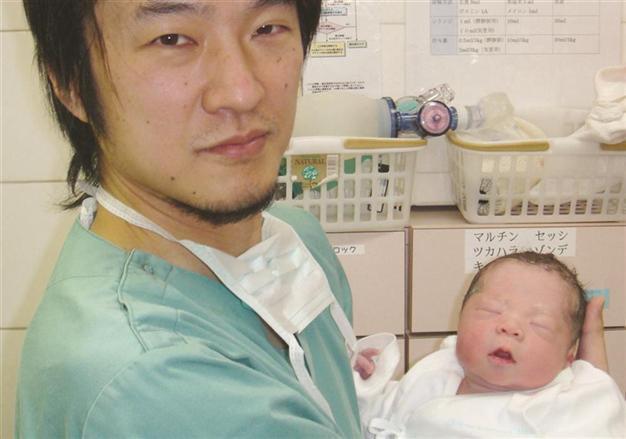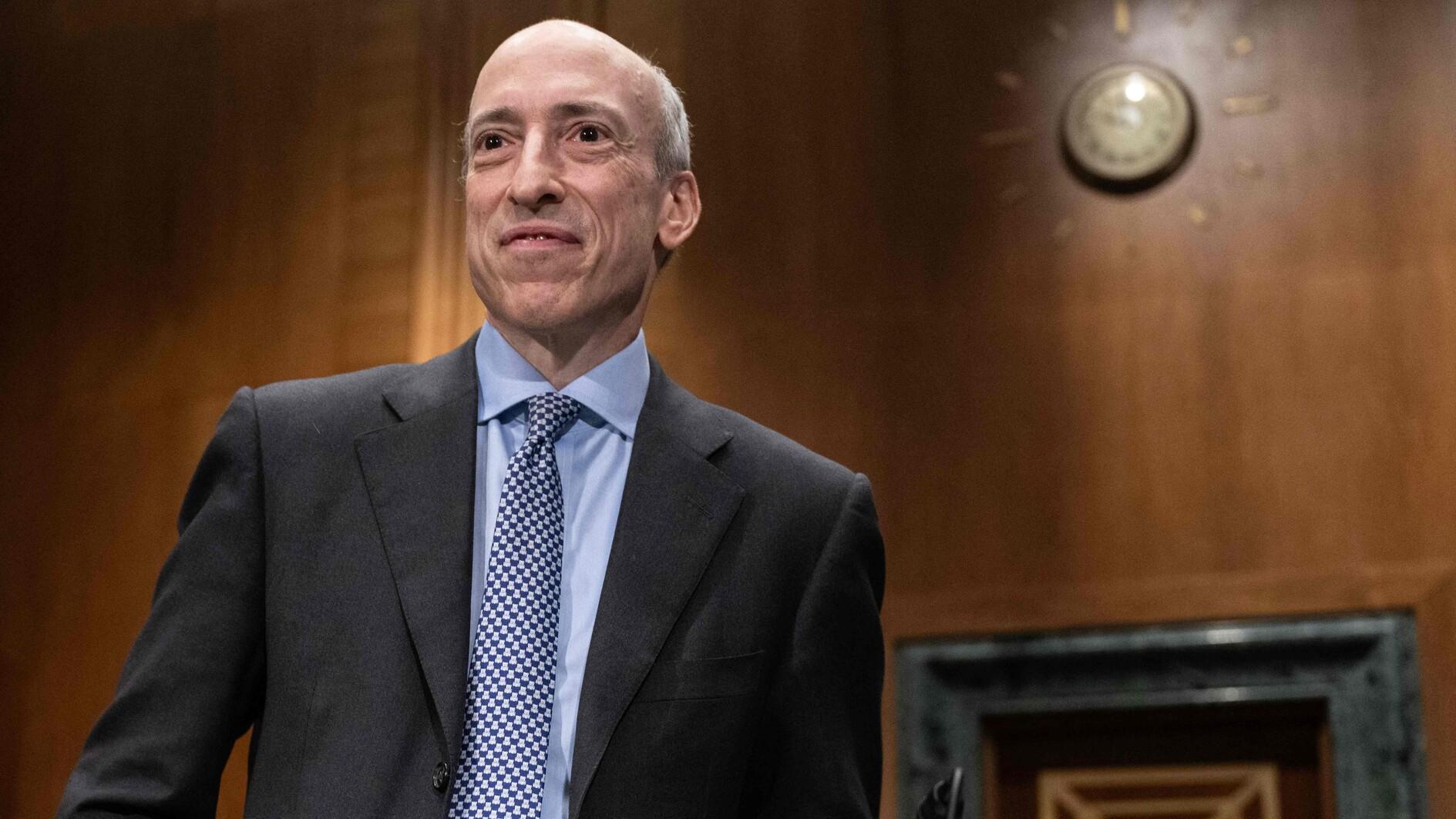First baby born after ovary experiment
WASHINGTON - Agence France-Presse

The baby of a mother who was treated for primary ovarian insufficiency. AP photo
A new technique that coaxes an infertile woman’s ovaries into producing eggs again has resulted in the birth of a baby in Japan, international scientists said Sept. 20. A second woman has also become pregnant using the same method, according to the study in the Proceedings of the National Academy of Sciences, a peer-reviewed US journal. Researchers caution that the technique is still in its early stages, but could offer hope for young women whose ovaries are no longer producing eggs.This condition, known as primary ovarian insufficiency, affects about one percent of women and causes the ovaries to stop working before age 40. Since these women enter menopause at a young age, egg donation is the only option if they want to attempt to carry a pregnancy.
The research took place in Japan and involved 27 women with primary ovarian insufficiency. Their average age was 37. All had stopped menstruating nearly seven years earlier on average, and all agreed to have both ovaries removed as part of the experiment. Eight of the 13 women showed signs of follicle growth, and were treated with hormones to stimulate ovulation.
From that group, five developed mature eggs, which the researchers harvested for in vitro fertilization using the sperm of the women’s partners.
One woman received two embryos and carried a single pregnancy to term, with the birth done by C-section since the fetus was in a breech position at 37 weeks.
















